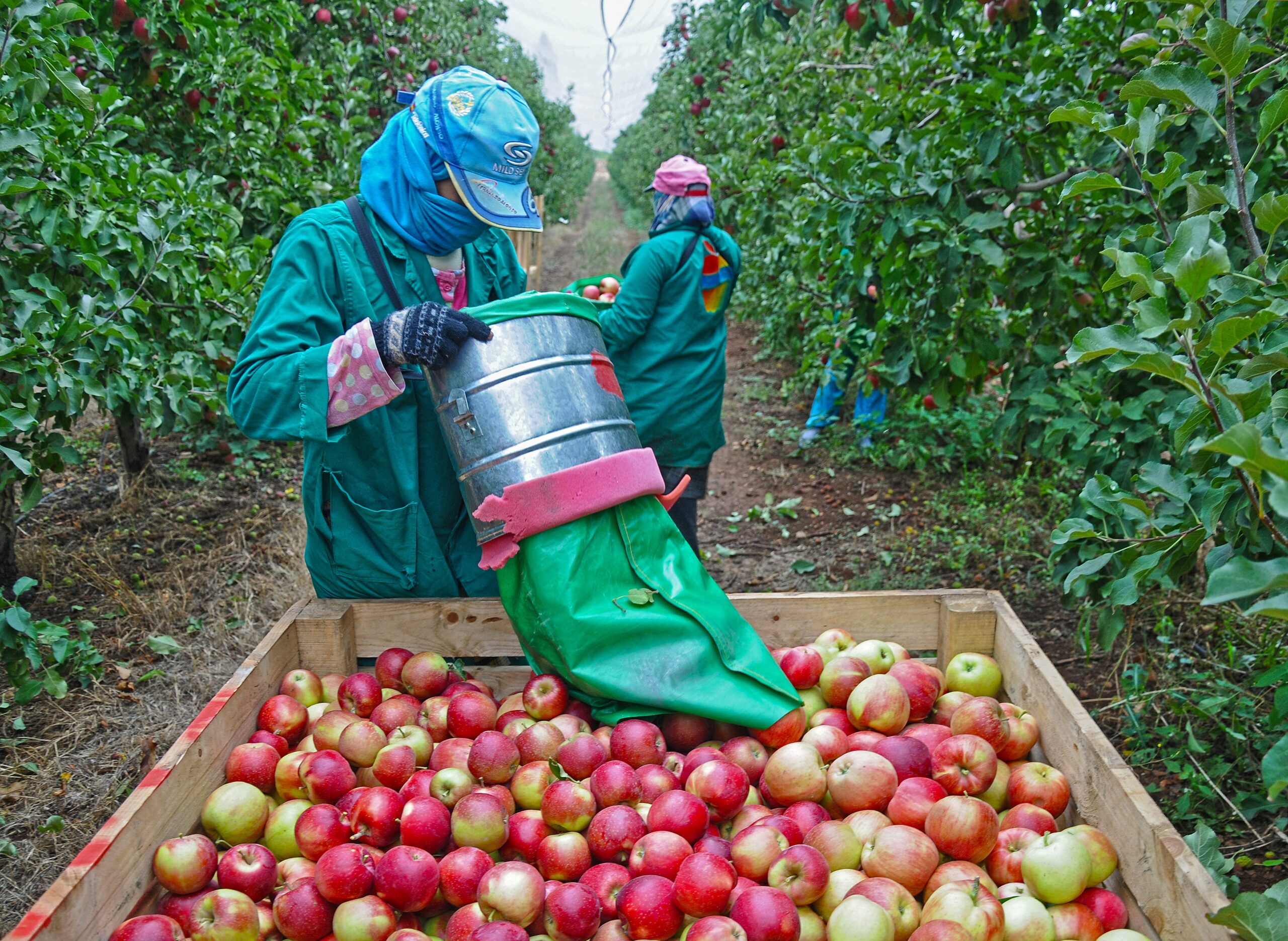Introduction:
In this case study, we explore the transformative impact of blockchain technology in the agriculture sector. By focusing on a real-world example, we highlight how blockchain implementation has revolutionized the industry, addressing key challenges and unlocking new opportunities.
Case Study: Implementing Blockchain in a Cooperative Farming Network
Background:
The case study focuses on a cooperative farming network that connects small-scale farmers with consumers directly. The main objective of the network is to create a transparent and sustainable agricultural ecosystem, ensuring fair prices for farmers and quality products for consumers.
Challenges:
1. Lack of transparency: The existing agricultural supply chains lacked transparency, making it difficult for consumers to trace the origin and quality of produce.
2. Inefficiency in payments: Farmers faced delays and uncertainty in receiving payments for their produce due to multiple intermediaries involved in the transaction process.
3. Limited access to finance: Small-scale farmers had difficulty accessing loans and financial services due to inadequate credit history and traditional banking requirements.
Blockchain Solution:
The cooperative farming network decided to leverage blockchain technology to address these challenges and create a more efficient and transparent ecosystem.
1. Supply Chain Transparency:
– Each step of the agricultural produce journey, from farming to distribution, is recorded on a blockchain ledger.
– Consumers can access the blockchain to verify the origin, quality, and handling of the produce they purchase.
– Smart contracts automate and enforce transparency, ensuring fair practices throughout the supply chain.
2. Efficient Payments:
– Farmers receive immediate and direct payments for their produce through smart contracts executed on the blockchain.
– Smart contracts are triggered when predefined conditions, such as successful delivery or quality confirmation, are met, eliminating delays and uncertainties.
3. Access to Finance:
– The blockchain-based platform enables farmers to build a digital identity by securely storing their farming history, yields, and other relevant data.
– This digital identity can be used to assess creditworthiness, allowing farmers to access loans and financial services previously unavailable to them.
Results and Benefits:
1. Enhanced Trust and Transparency:
– Consumers have access to accurate and real-time information about the origin, quality, and production practices of the agricultural products they purchase.
– Trust in the supply chain is significantly increased, encouraging consumers to support local farmers and sustainable practices.
2. Improved Efficiency and Fairness:
– Blockchain automates processes, reducing the need for intermediaries and paperwork, leading to cost savings and more equitable distribution of profits.
– Farmers receive fair prices for their
Conclusion:
The implementation of blockchain technology in the cooperative farming network has proven to be a game-changer for the agriculture sector. By addressing the challenges of transparency, payment inefficiency, and limited access to finance, blockchain has transformed the way farmers interact with consumers and the overall agricultural supply chain.
With the use of blockchain, consumers can now have complete transparency and traceability in the origin and quality of the produce they purchase. This fosters trust and encourages support for local farmers and sustainable farming practices.
Furthermore, blockchain has streamlined payment processes, ensuring that farmers receive immediate and fair payments for their produce. The automation of transactions through smart contracts eliminates delays and uncertainties, making the payment system more efficient and equitable.

